Temi Wilkey’s (read our interview) debut play, The High Table, is a much-welcomed gift to multifaceted individuals such as myself; British, Nigerian, Christian, queer and everything else in between.
Contrary to what I gathered from the title and publicity poster, this play fuses family drama with spirituality and live music to showcase the richness and complexity of African culture.
Tara, Nigerian-British, is getting married to her girlfriend, Leah. When she finally sums up the courage to tell her parents, they refused to attend the wedding because of their Christian and cultural beliefs. It is now up to Tara’s ancestors, who are suspended between the heavens and earth, to bring about harmony within the family and decide whether or not to bless the wedding. We are transported up to the ancestral realms to observe how they agonise amongst themselves and try to reach a decision. So, you see, this isn’t yet another weary play about the challenges of being gay. And thank goodness it certainly isn’t another play exhibiting black or African stereotypical reactions to LGBT or Taboo matters, which makes this play refreshing.
Temi Wilkey writes with a strong voice that silences age-old misconceptions and prejudice within modern day African culture.
The performing space, covered in earth and soil accompanied by live drumming from Mohamed Gueye, welcomes the audience “home”. By home, I mean a place of reconnection and contemplation of who we are as Africans. And if that wasn’t enough, Jumoke Fashola’s fierce role as the longest serving ancestor truly warms your heart as she lavishes the audience with singing and poetry.
The family drama playing out in the natural world is interesting enough to watch as a standalone. There’s ample amounts of humour, revealing of secrets, tension and tender moments which anyone who has ever lived can relate to. However, it’s the added elements of African spirituality and precolonial history that raises this play to a whole new dimension that I’ve never experienced before.
It’s important for me to mention that the education in precolonial Africa left me feeling liberated for once rather than burdened, which I credit to Daniel Bailey’s clever and sophisticated direction. What I’m saying is that I can invite my white European friends to come and engage with my culture without them feeling berated by the lessons they will learn.
The High Table ticks several boxes and is an invitation to learn, feel and laugh.
In spite of a few fluffed-up lines, the actors delivered an authentic heartfelt performance without being overindulgent. They know how to reel the audience back in after an eruption of laughter; diminishing any potential of this important piece of theatre becoming a pantomime. This is a well-balanced piece of theatre that the cast and creative team clearly mastered well.
Temi Wilkey writes with a strong voice that silences age-old misconceptions and prejudice within modern day African culture. She’s proven the importance of going back to relearn old traditions in order to advance. Her goal is to demystify the idea that homosexuality is un-African, and regardless of what your beliefs are, you can’t help but listen to, and ponder her message long after leaving the theatre. Her writing demonstrates true pride in her ancestry which I find infectious.
For a debut play, The High Table ticks several boxes in a trailblazing way that appeals to a wide audience. It is an invitation to learn, feel and laugh. Even more so, it’s an invitation to the African and Caribbean diaspora to re-engage and bask in the richness of our heritage.























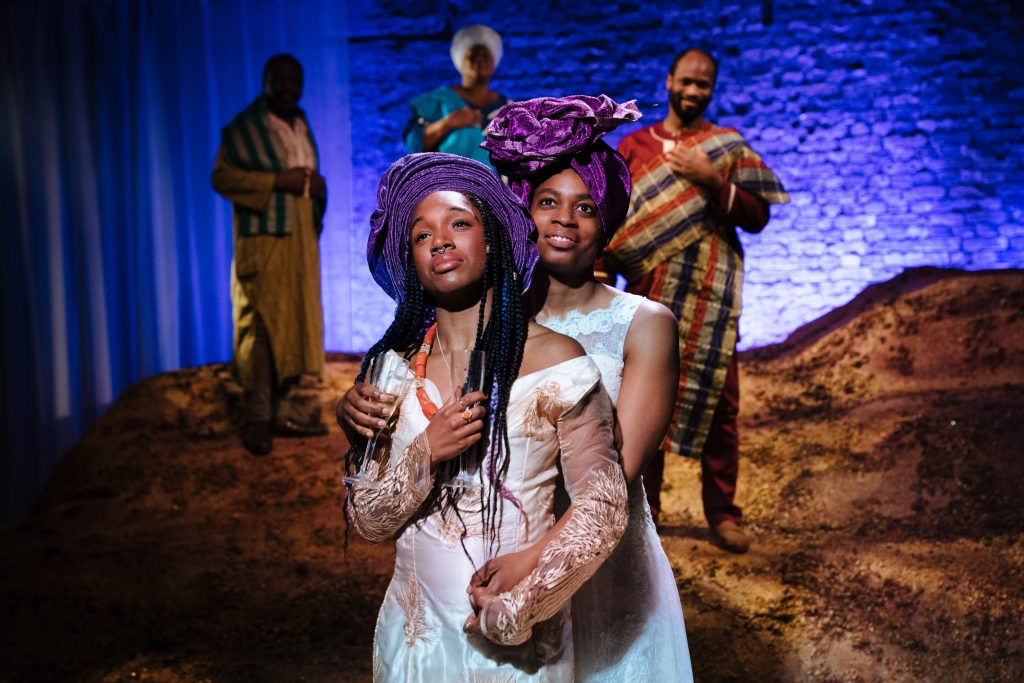
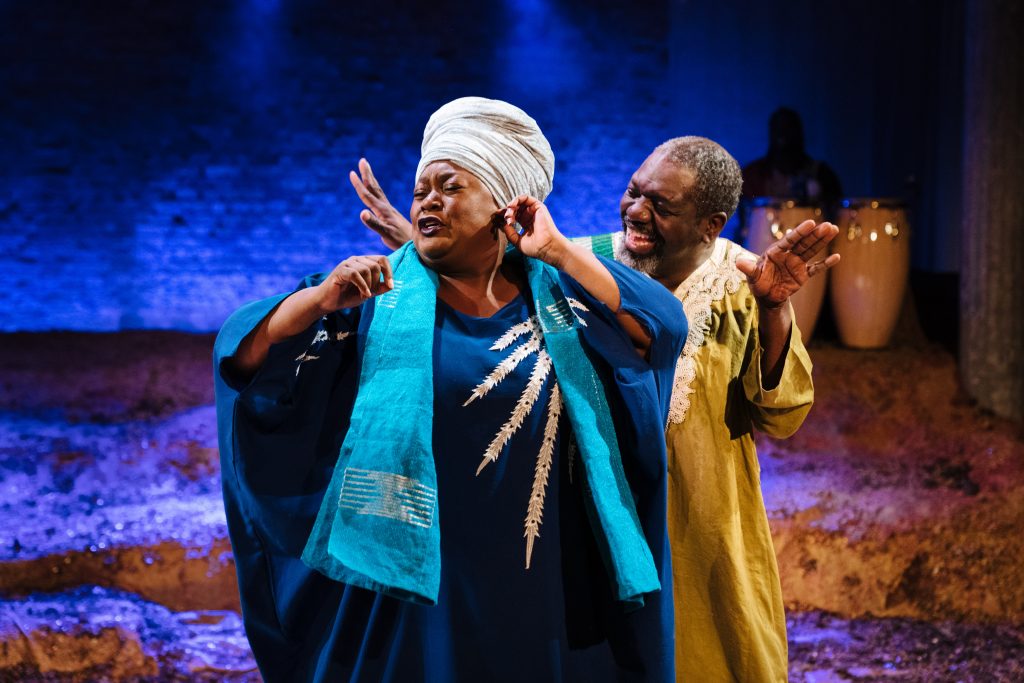
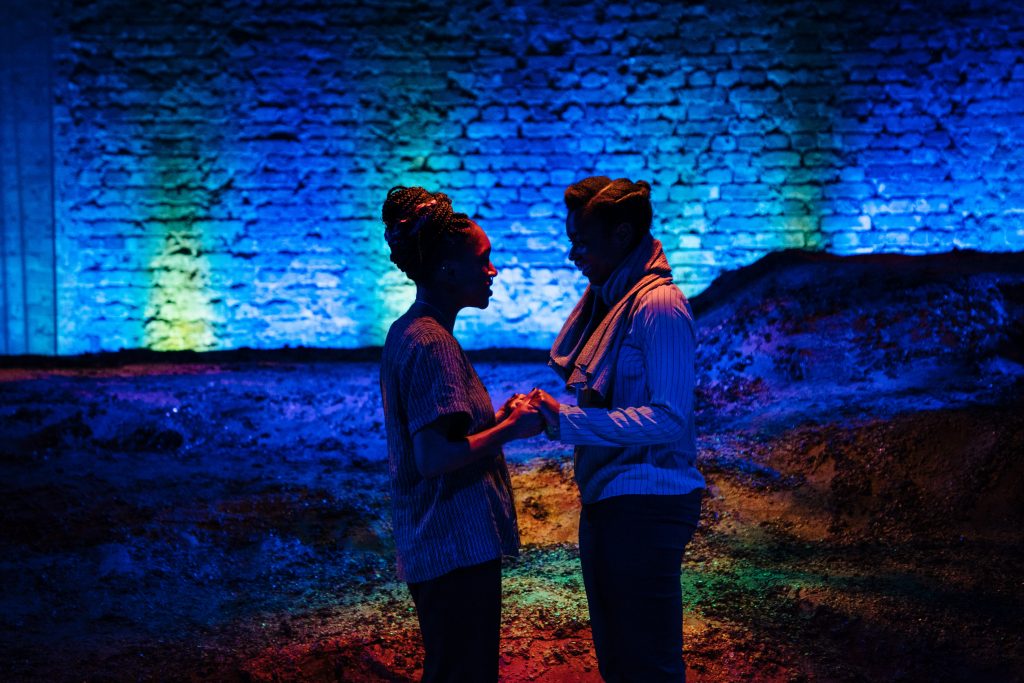
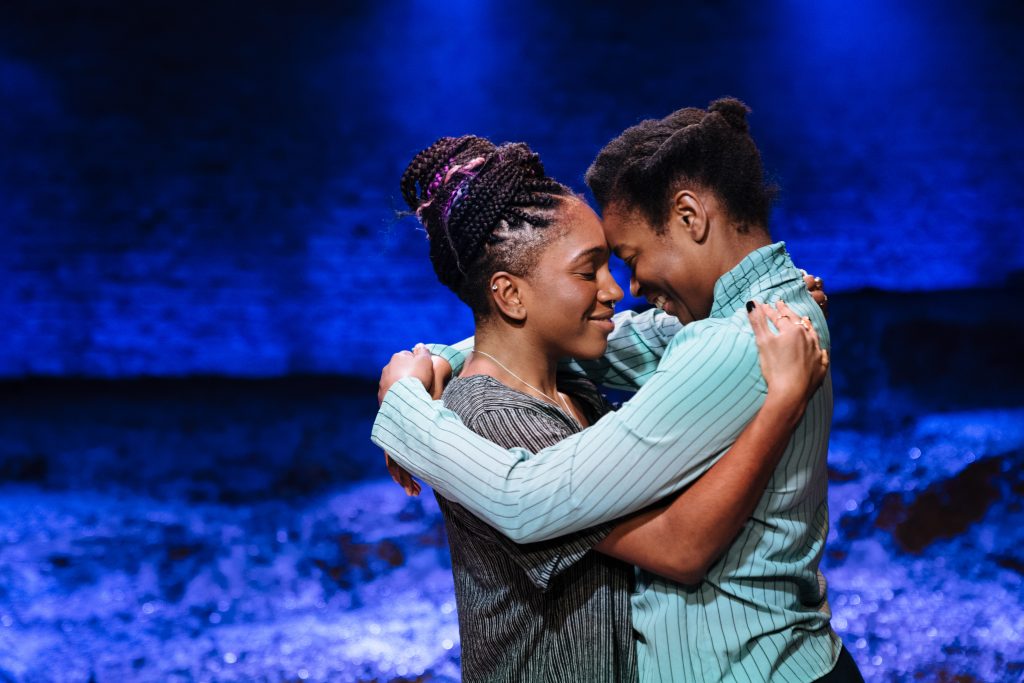
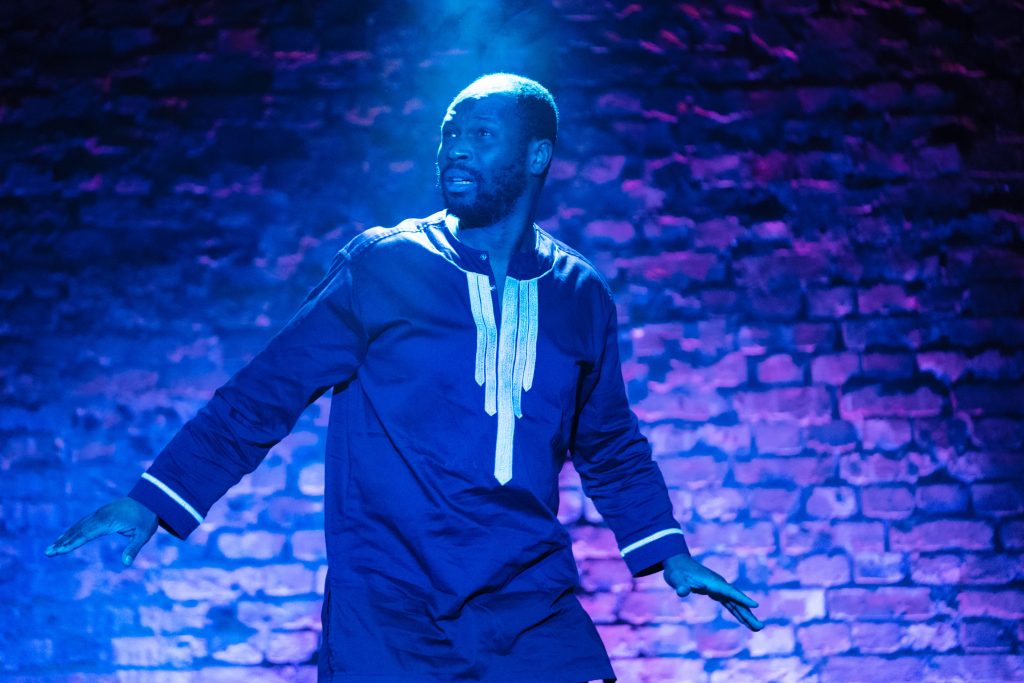

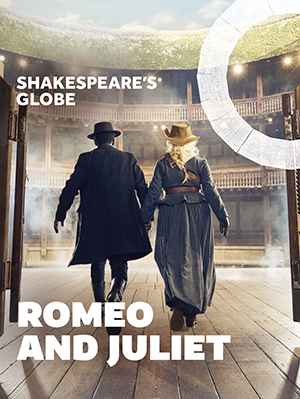
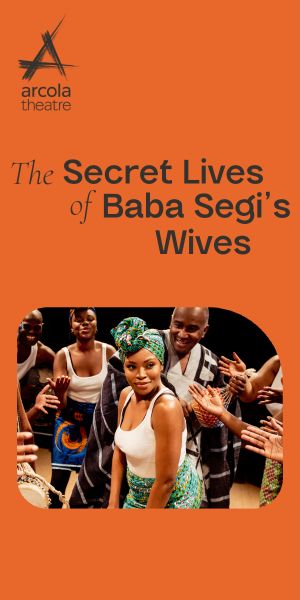
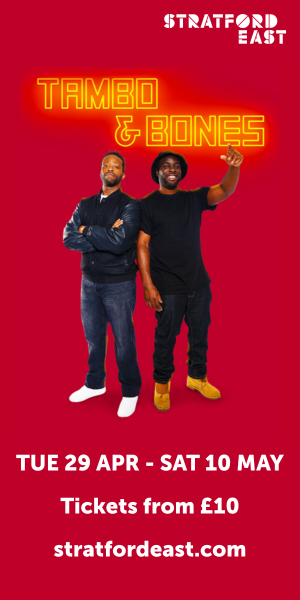
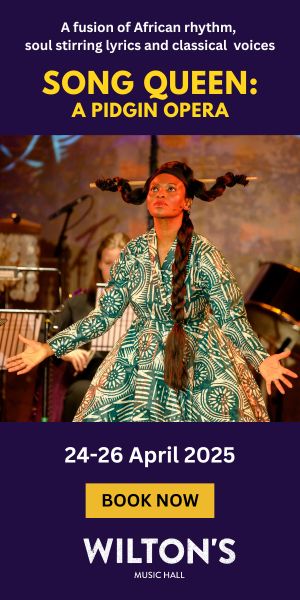
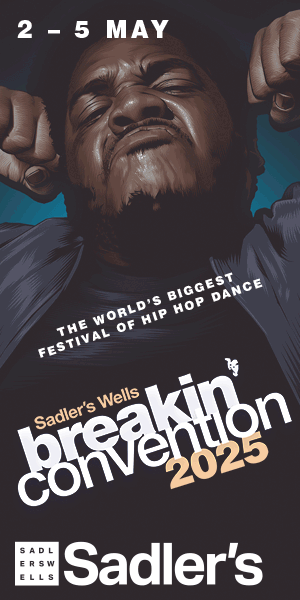
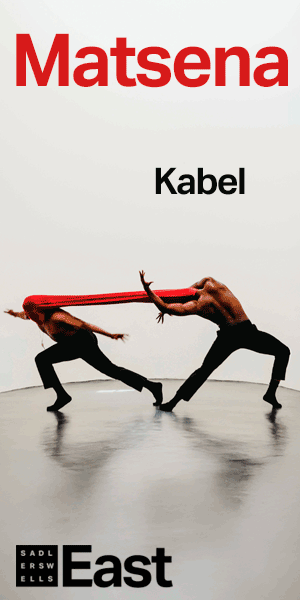
![The Dark by Nick Makoha The Dark by Nick Makoha, Ovalhouse Theatre [Photo Credit - Helen Murray]](https://www.afridiziak.com/wp-content/uploads/2019/09/THE-DARK_Production_HelenMurray-31-324x160.jpg)